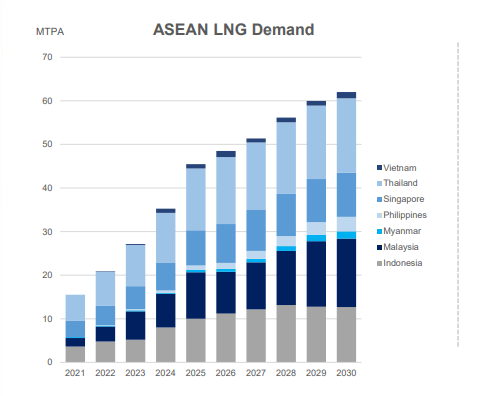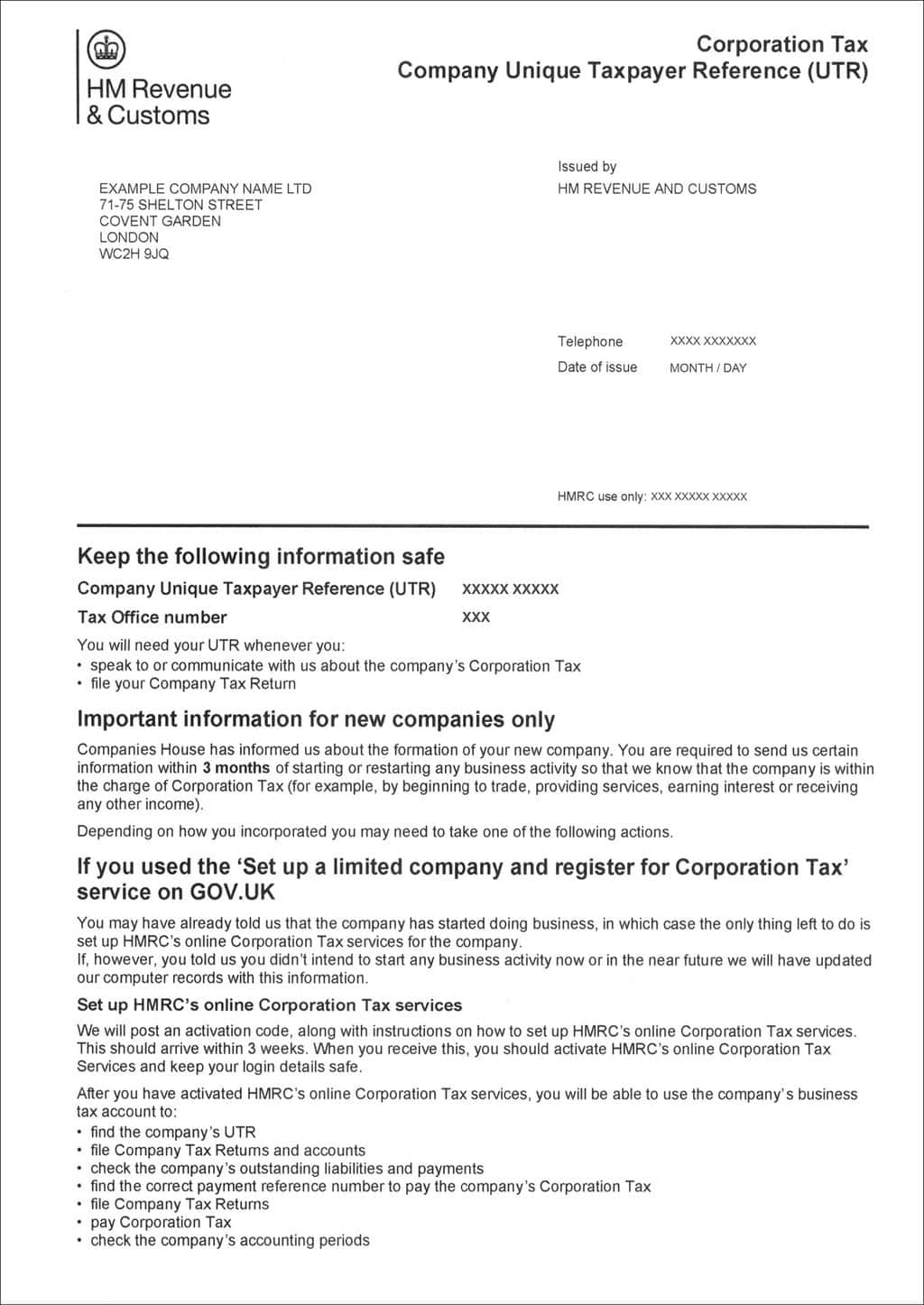Post-Nuclear Taiwan: The Growing Demand For LNG Cargoes

Table of Contents
The Decline of Nuclear Power and the Rise of LNG
Taiwan's Nuclear Phase-out Plan
Taiwan's nuclear phase-out is a deliberate policy decision driven by concerns about safety, waste disposal, and public opinion. The plan involves the gradual decommissioning of its existing nuclear power plants, with no new reactors planned.
- Timeline: The process began with the announcement of a non-extension of operating licenses for older plants. The final closure of the last nuclear power plant is projected by [Insert Projected Date, if available. Otherwise, remove this point or replace with a more general statement about the ongoing nature of the phase-out].
- Reactor Closures: Specific closures of reactors are happening in phases, leading to a gradual reduction in nuclear power generation. [Add specific examples of reactor closures and dates if available].
- Government Statements: Official government pronouncements consistently emphasize the commitment to a nuclear-free future, alongside a diversification of energy sources. [Cite specific government reports or statements].
- Public Opinion: While support for nuclear power varies, the government's policy reflects a growing public preference for renewable energy sources and a heightened awareness of the risks associated with nuclear power.
The keyword "nuclear phase-out" underlines the central driver of Taiwan's energy transition, creating a necessity for alternative sources like LNG. Concerns about energy security are also paramount in this context. The focus on "renewable energy" indicates the country's broader strategy to replace nuclear with cleaner and more sustainable energy solutions.
The Implications for Energy Supply
The decline of nuclear power has created a significant gap in Taiwan's energy supply. LNG imports are filling this void, significantly impacting the nation's "energy mix." However, this increased reliance on fossil fuels presents its own set of challenges.
- Increased Reliance on Fossil Fuels: The shift towards LNG increases Taiwan's vulnerability to fluctuations in global gas prices and supply disruptions.
- Potential Risks of Over-Reliance: Over-dependence on a single energy source, even a relatively clean fossil fuel like LNG, risks instability.
- Government Strategies to Diversify: The Taiwanese government is actively pursuing policies to diversify its energy sources, investing heavily in renewable energy such as solar and wind power, to reduce reliance on imported LNG. The keyword "energy diversification" encapsulates this crucial aspect of Taiwan's energy strategy. The focus on "LNG import" highlights the immediate solution to bridge the energy gap.
Increased Demand for LNG Cargoes: Infrastructure and Logistics
Expansion of LNG Terminal Capacity
To accommodate the influx of LNG cargoes, Taiwan is undergoing significant expansion of its LNG terminal capacity. This entails substantial investments in new infrastructure and upgrades to existing facilities.
- New Terminal Projects: Several new LNG terminal projects are underway or in the planning stages, aiming to boost import capacity considerably. [Include details about specific projects, locations, and expected completion dates if available].
- Capacity Expansions: Existing LNG terminals are undergoing capacity expansions to handle the increasing volume of LNG cargoes. [Provide quantifiable data on capacity increases if possible].
- Investment Figures: Significant financial resources are being invested in developing this crucial import infrastructure. [Cite investment figures from official sources].
- Location Details: The strategic location of these terminals is vital for efficient distribution of LNG across the island. [Describe the geographical distribution of terminals and their proximity to major cities or industrial hubs]. The keyword "LNG terminals" is directly related to the increased import capacity.
Challenges in LNG Logistics and Transportation
The substantial increase in LNG cargoes presents logistical challenges. The efficient and safe transportation and handling of LNG require careful planning and investment.
- Shipping Capacity: Securing sufficient shipping capacity to meet the rising demand is a major concern.
- Vessel Availability: The availability of specialized LNG carriers can be affected by various factors, including global shipping patterns and potential disruptions.
- Potential Risks: Weather conditions, geopolitical instability in key shipping lanes, and potential accidents pose risks to the smooth flow of LNG cargoes. [Discuss potential risks and mitigation strategies].
- Solutions: Strategies to address these challenges include diversifying shipping routes, investing in advanced vessel tracking and safety technology, and collaborating with international partners to ensure supply chain resilience. The keyword "LNG shipping" emphasizes the transport aspect of this growing demand.
Geopolitical Implications and Energy Security
Taiwan's Reliance on LNG Suppliers
Taiwan's reliance on a range of LNG suppliers introduces geopolitical considerations. The geographical distribution of these suppliers dictates both opportunities and risks.
- Major LNG Suppliers: Identify the major countries or regions supplying LNG to Taiwan. [List countries and their relative importance].
- Potential Geopolitical Risks: Dependence on specific suppliers exposes Taiwan to potential risks stemming from trade disputes, political tensions, or unexpected events in those regions. [Analyze specific geopolitical risks].
- Diversification Strategies: Taiwan is working to diversify its LNG sources to mitigate these geopolitical risks. [Describe strategies to diversify suppliers]. "LNG suppliers" is a crucial keyword in understanding Taiwan's vulnerability and strategies to maintain energy security.
The Role of LNG in Taiwan's Energy Security Strategy
LNG plays a pivotal role in Taiwan's energy security strategy, acting as a bridge towards a more diverse and sustainable energy mix.
- Government Policies: Government policies aim to balance short-term energy needs with long-term goals of energy independence and reduced reliance on fossil fuels.
- Diversification Efforts: Diversification of energy sources is central to reducing vulnerability and ensuring a stable energy supply.
- Investment in Renewable Energy: Investment in renewable energy infrastructure is crucial to long-term energy security and reduces dependence on imported LNG.
- Energy Independence Initiatives: Efforts towards energy independence are crucial for Taiwan's national security and economic stability. The keyword "energy independence" underscores the long-term vision behind Taiwan's energy policy.
Conclusion
Post-Nuclear Taiwan's transition necessitates a significant increase in LNG cargoes to meet its growing energy demand. This shift presents both opportunities for infrastructure development and challenges related to energy security and logistical complexities. Understanding the intricacies of Taiwan's LNG import strategy and its implications for "energy diversification" is crucial for ensuring the island's energy stability and economic prosperity. The successful navigation of this transition requires ongoing investment in infrastructure, diversification of supply sources, and a strong commitment to developing renewable energy sources to reduce reliance on LNG cargoes in the long term. Understanding the implications of Post-Nuclear Taiwan and the increasing demand for LNG cargoes is crucial for investors, energy analysts, and policymakers alike. Further research into the specifics of Taiwan's LNG import strategy will reveal more about its energy future and the role of Liquefied Natural Gas in its ongoing energy transition.

Featured Posts
-
 Hmrc Letter Thousands Of Uk Households Earning Over 23 000 Affected
May 20, 2025
Hmrc Letter Thousands Of Uk Households Earning Over 23 000 Affected
May 20, 2025 -
 Big Bear Ai Stock Performance And Future Outlook
May 20, 2025
Big Bear Ai Stock Performance And Future Outlook
May 20, 2025 -
 Jutarnji List Galerija Fotografija S Premijere Zvijezde U Punom Sjaju
May 20, 2025
Jutarnji List Galerija Fotografija S Premijere Zvijezde U Punom Sjaju
May 20, 2025 -
 Three Decades Of Service Reflecting On Alito And Roberts Supreme Court Careers
May 20, 2025
Three Decades Of Service Reflecting On Alito And Roberts Supreme Court Careers
May 20, 2025 -
 May 19 2025 Wwe Raw Complete Results Winners And Analysis
May 20, 2025
May 19 2025 Wwe Raw Complete Results Winners And Analysis
May 20, 2025
